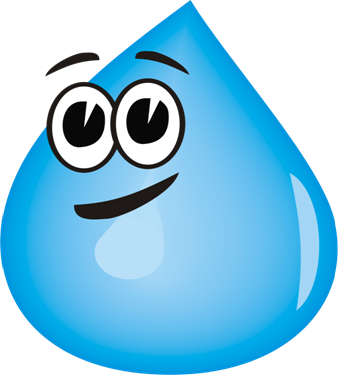To serve you better, we've assembled a list of our customers' most frequently asked questions. If you don't find your answer here, feel free to contact us.
What is hardness?
Hardness is defined as the concentration of calcium and magnesium in the water, which is expressed in terms of calcium carbonate. Calcium carbonate in water from the Edwards Aquifer is naturally occuring. As water moves through soil and rock, it disolves small amounts of minerals that make water "hard". Hard water is not a health hazard. The typical hardness in the water provided by Yancey Water Supply Corporation ranges from 15-20 gpg (grains per gallon)
How could I have used this much water?
You may have a leak .You could possibly have a leaky toilet or faucet that's difficult to detect.
What do I do if I am experiencing low pressure?
Check your meter and the surrounding area for possible leaks. Next, call our office and report low pressure for your area.
Why is my water white, cloudy or milky looking?
Air is being introduced into the water. The internal fixtures in the house should have clean and complete aerators attached. The aerator is the device at the end of the faucet, which collects debris and breaks up air bubbles. Air-saturated water is not harmful. A way to tell if the problem is just air is to fill a glass with water and leave it to sit for a few minutes. If the water clears from the bottom up, this is air-saturated water.
What chemicals does our utility district add to the water?
Only chemicals that are approved by the National Safety Foundation for treatment of drinking water.
My water tastes, looks, and smells funny. Is it safe to drink?
All public water systems are required to maintain a minimum chlorine level of 0.2 mg/L (tested at the end of each line) by state law. Systems that use chloramine as a disinfectant must maintain a level of 0.5 mg/L by state law. Our disinfectant levels are tested daily to ensure safety.
Why does debris come out of the faucet when running hot water?
Most likely your water heater needs to be flushed. CAUTION: Most manufacturers recommend hiring a professional to flush your water heater. If you plan on doing this yourself, read the owner's manual to keep from being hurt and or damaging the water heater.
Why do I have a previous balance when I know I sent in my payment?
We may have received it after the due date or we may not have received it at all.

